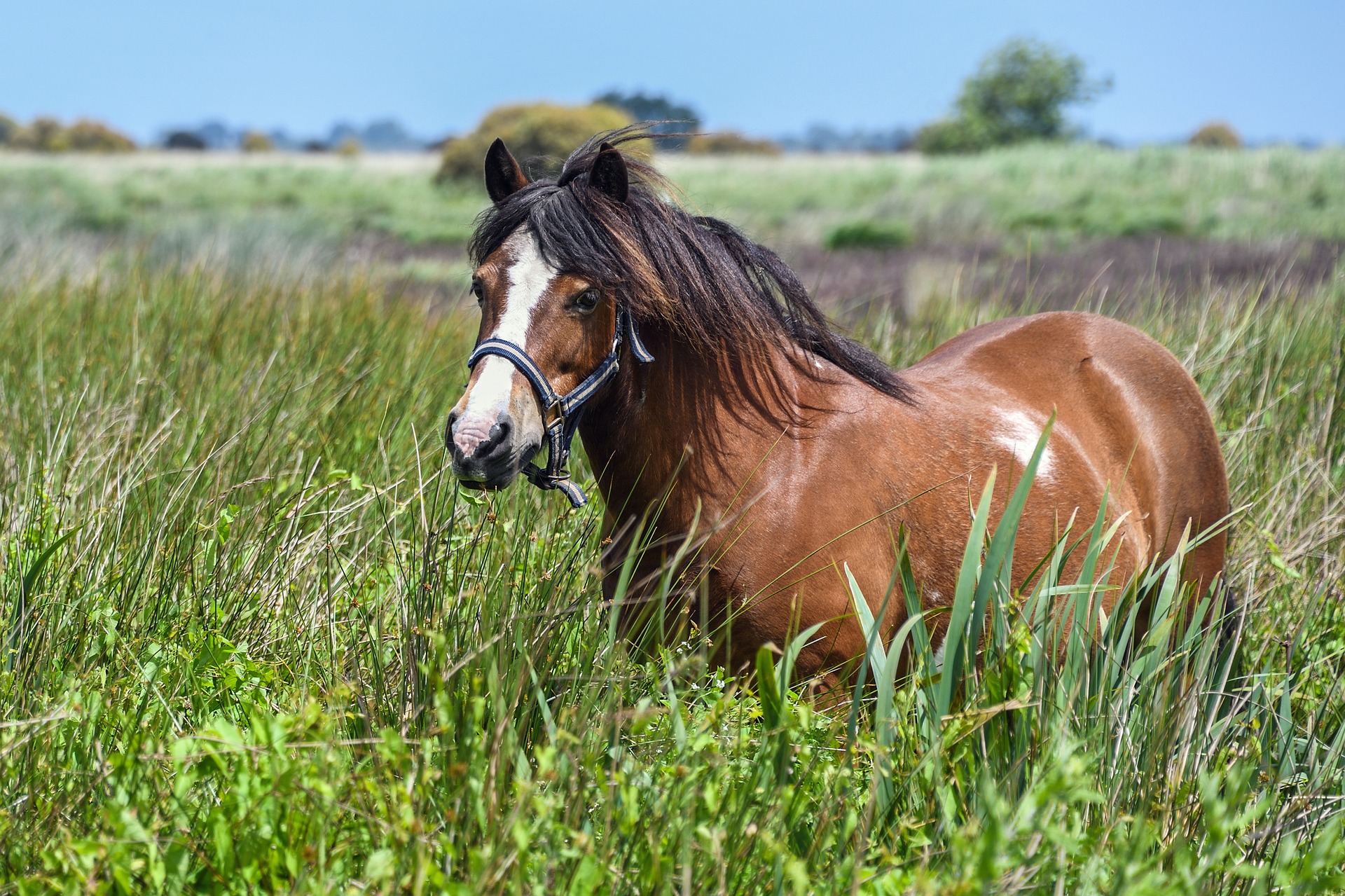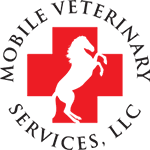 When feeding your senior horse, there are several important factors to keep in mind that can change their dietary requirements. Dental Condition Number one is the status of your horse’s teeth. You may have heard the term “expired” teeth when your veterinarian is...
When feeding your senior horse, there are several important factors to keep in mind that can change their dietary requirements. Dental Condition Number one is the status of your horse’s teeth. You may have heard the term “expired” teeth when your veterinarian is...
 Sometimes when we as horseman see our horses on a routine basis, it can be easy to overlook that thickened, cresty neck or the fat pads that have developed on either side of their tail head. We recognize that it has been quite a while since we’ve been able to palpate...
Sometimes when we as horseman see our horses on a routine basis, it can be easy to overlook that thickened, cresty neck or the fat pads that have developed on either side of their tail head. We recognize that it has been quite a while since we’ve been able to palpate...
 Dr. Allison Hartman is a 2014 graduate of the University of Minnesota, College of Veterinary Medicine. During her clinical year at vet school, Dr. Hartman became certified in animal chiropractic work through the International Veterinary Chiropractic...
Dr. Allison Hartman is a 2014 graduate of the University of Minnesota, College of Veterinary Medicine. During her clinical year at vet school, Dr. Hartman became certified in animal chiropractic work through the International Veterinary Chiropractic...
 At what age is a horse considered geriatric or senior? Does owning a senior horse mean that he must eat a feed labeled as a “senior” feed? As always, the answer is, it depends. Our horses are living longer lives than ever, thanks to an evolving understanding of the...
At what age is a horse considered geriatric or senior? Does owning a senior horse mean that he must eat a feed labeled as a “senior” feed? As always, the answer is, it depends. Our horses are living longer lives than ever, thanks to an evolving understanding of the...
 By Dr. Allison Hartman Laminitis has been a bane of horseman and farriers since the horse was first domesticated. As our medical knowledge and diagnostic abilities have evolved, so has our understanding of the contributing factors of this disease process,...
By Dr. Allison Hartman Laminitis has been a bane of horseman and farriers since the horse was first domesticated. As our medical knowledge and diagnostic abilities have evolved, so has our understanding of the contributing factors of this disease process,...








